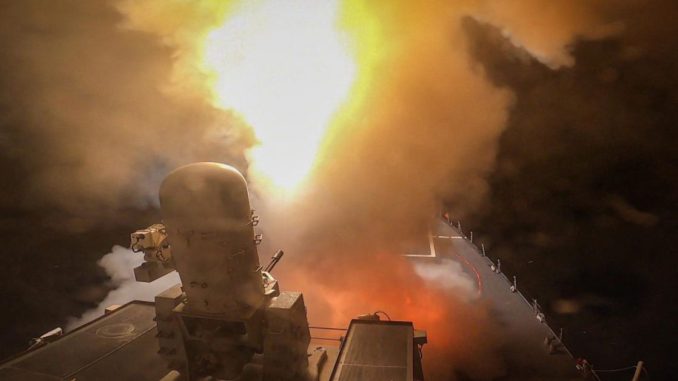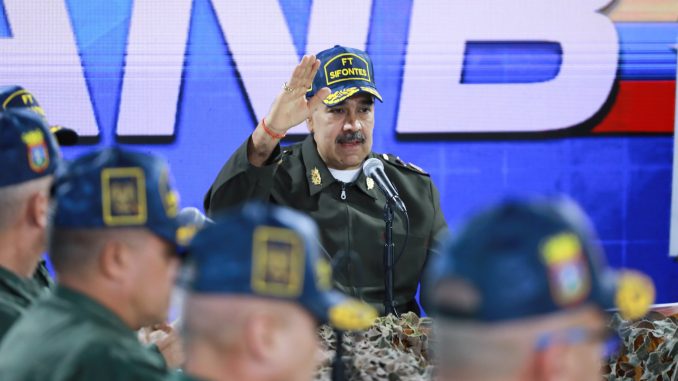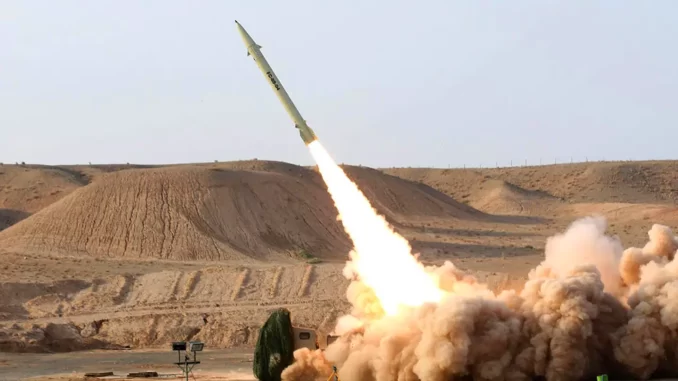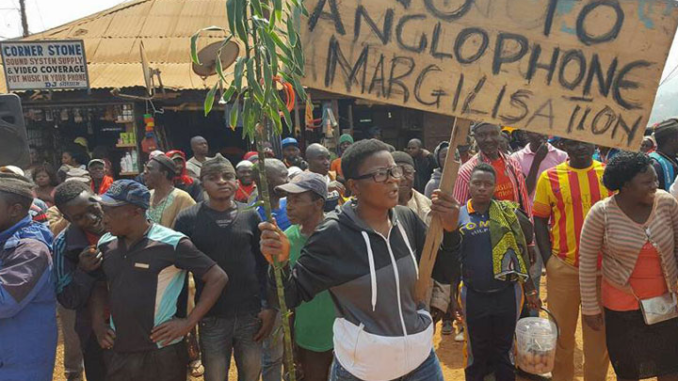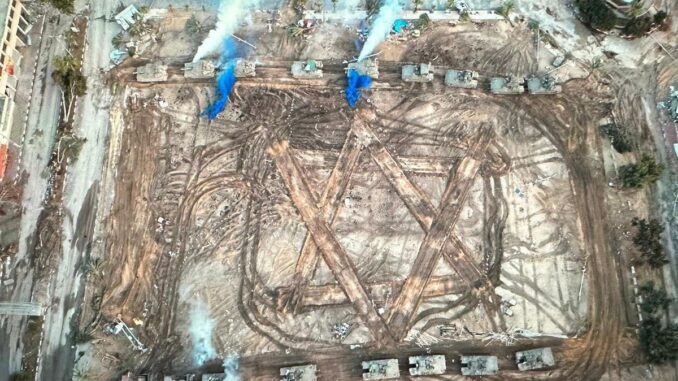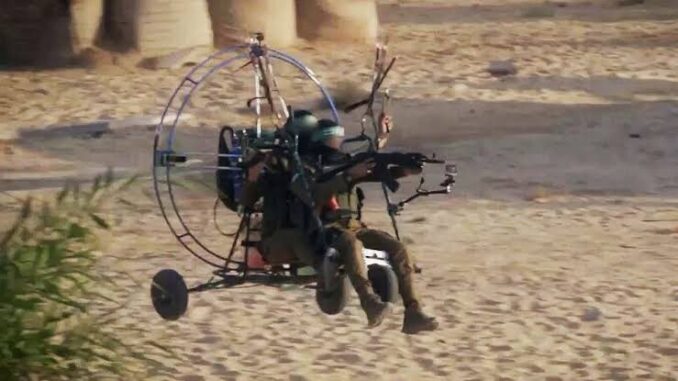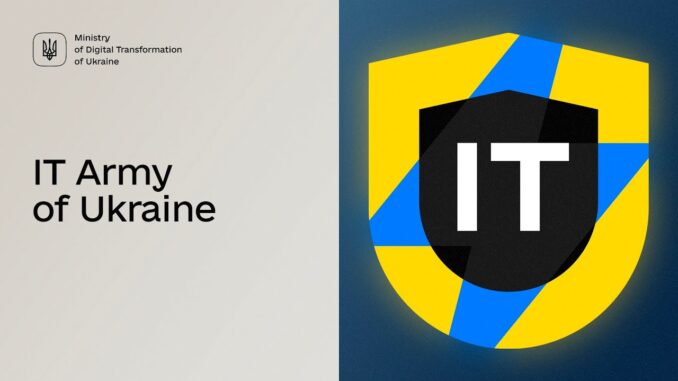Articles on war and diplomatic conflicts in development. Quality and current analysis only for subscribers.
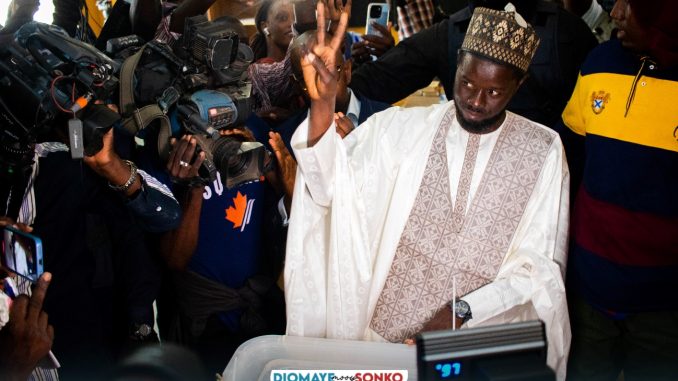
Senegal: Diomaye Faye joins new group of young West African leaders
March 25, 2024: The opposition Bassirou Diomaye Faye takes over the Presidency of Senegal. Imprisoned until 10 days before the vote and unknown to most voters just a few months before, he surprises and defeats the prime minister, Amadou Ba, backed by the entire state apparatus and the outgoing president, Macky Sall. This document seeks to explore the main reasons for this electoral result, with its internal and external context, in a region where new and young African leaders who have achieved power thanks to coups d'état lead. Faye has in common with them his novelty (although his mentor, Ousmane Sonko, is a great opposition figure in Senegal), youth and part of an ideology to put into practice. There are numerous and diverse eyes on Faye, reaching the former metropolis: France, whose influence is declining in the area. [Keep reading…]

